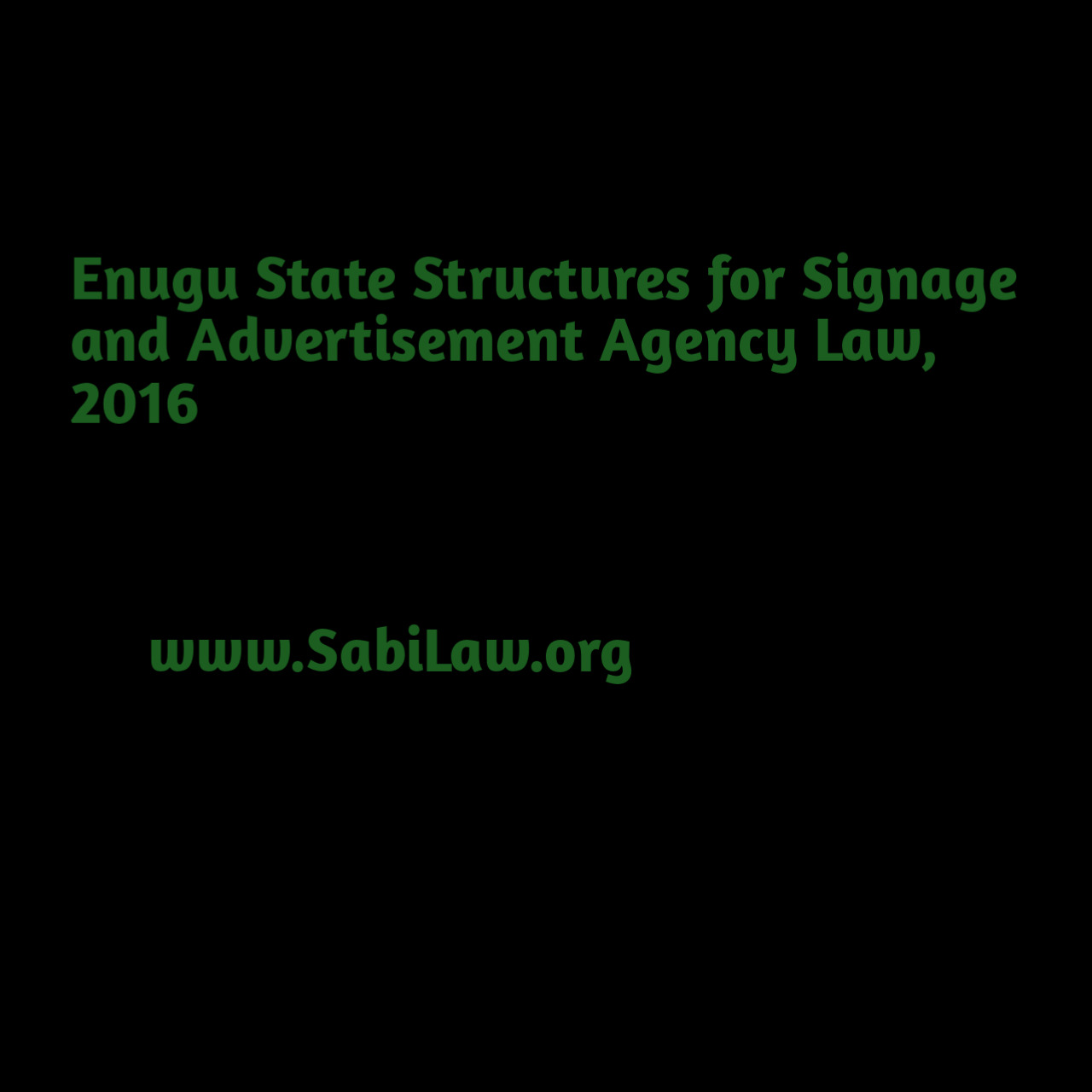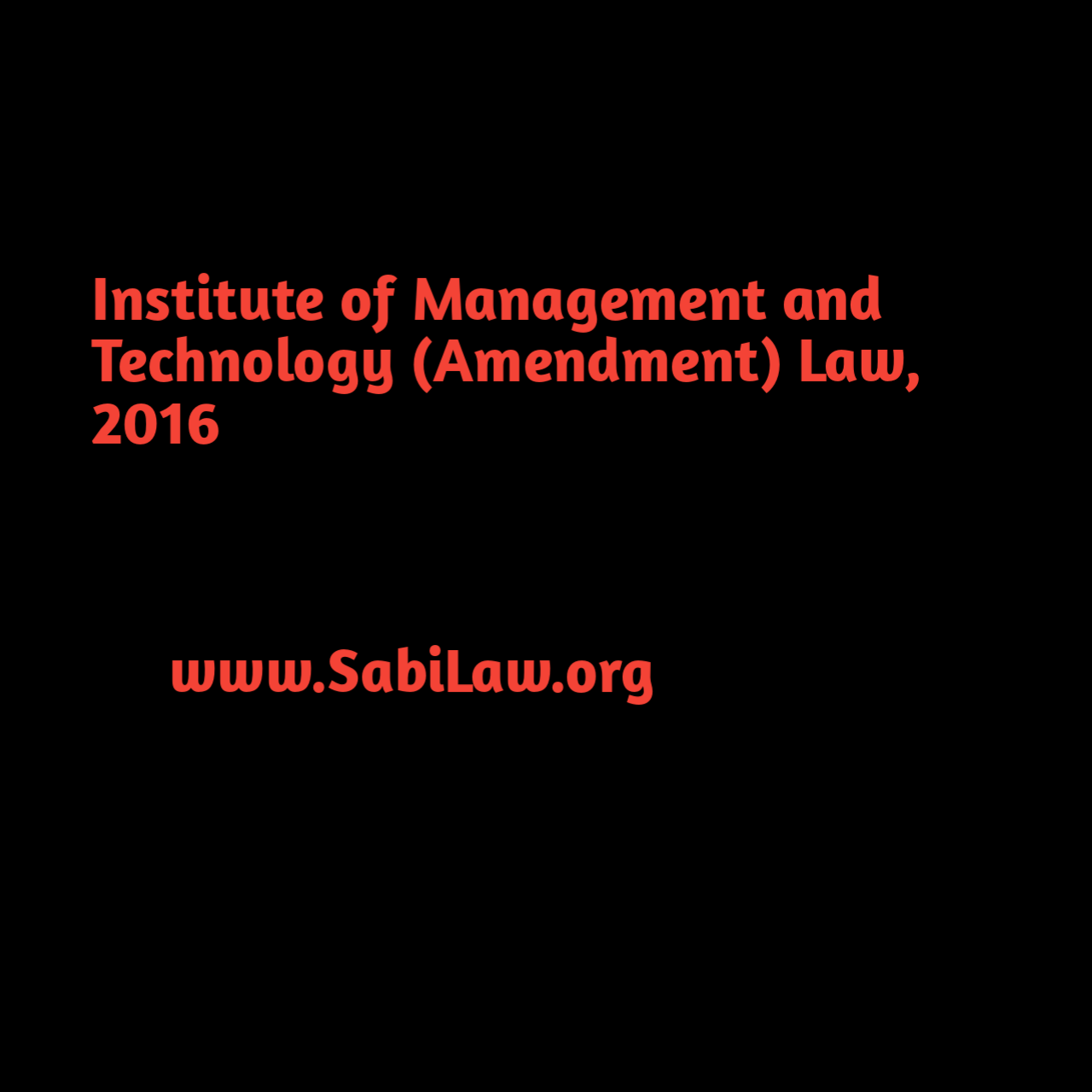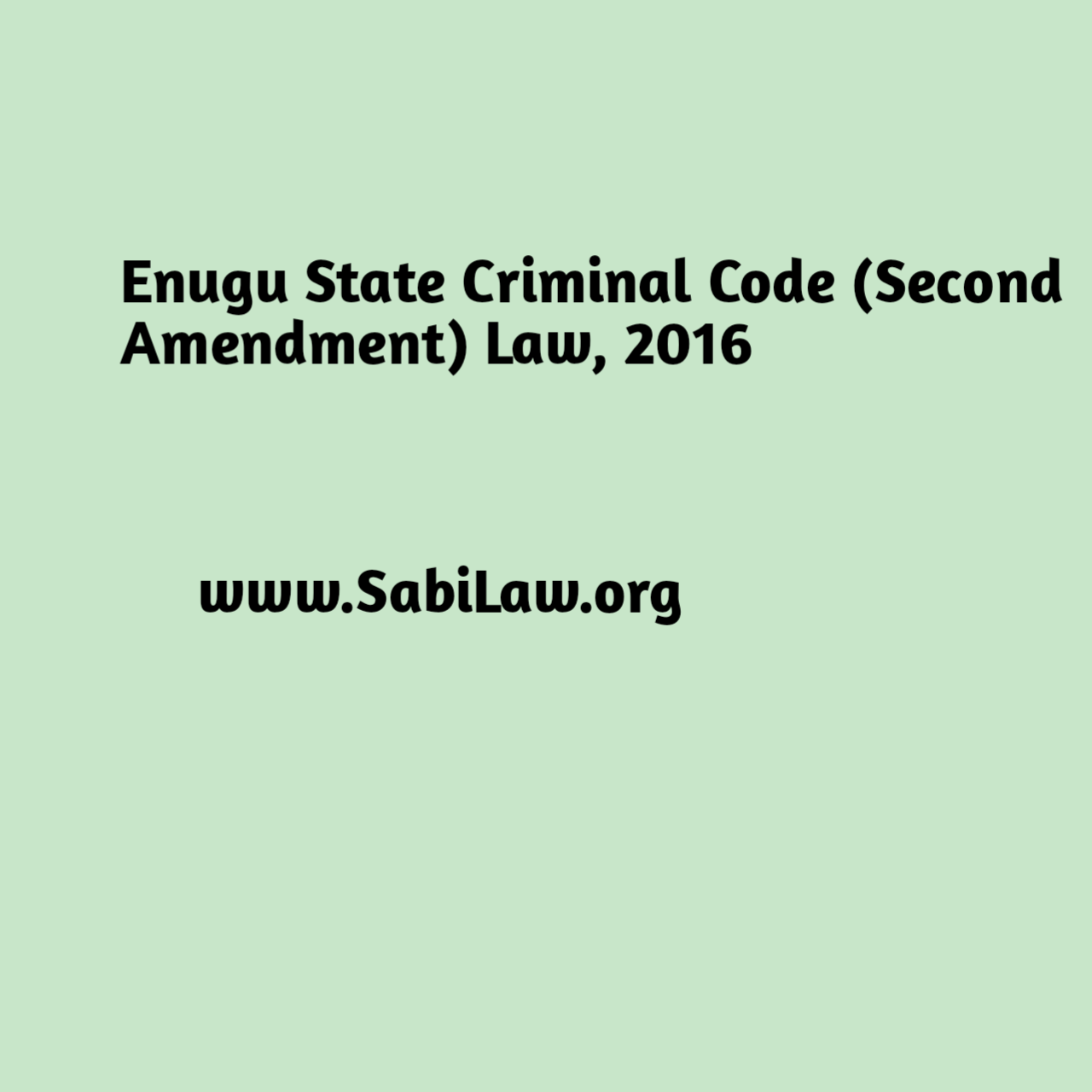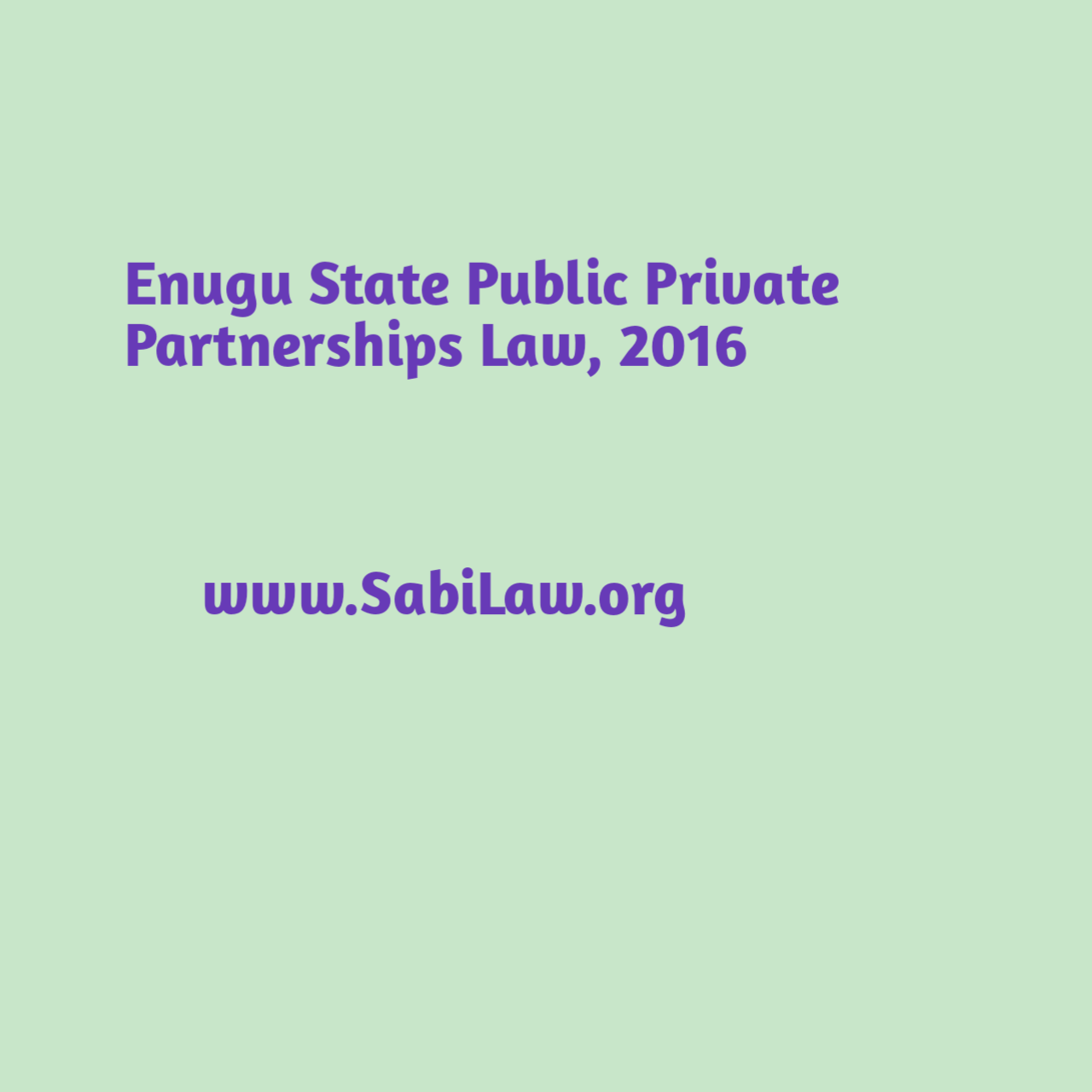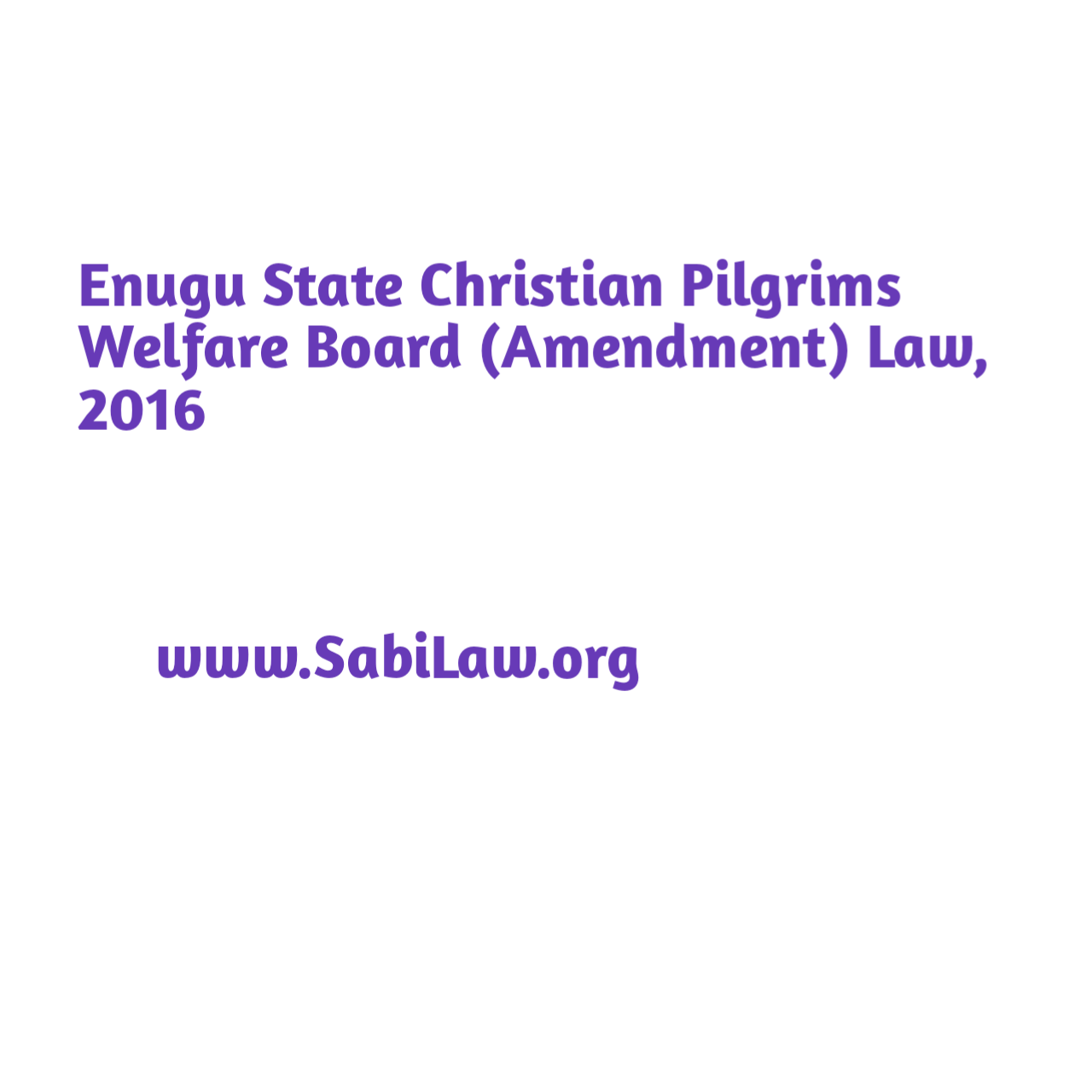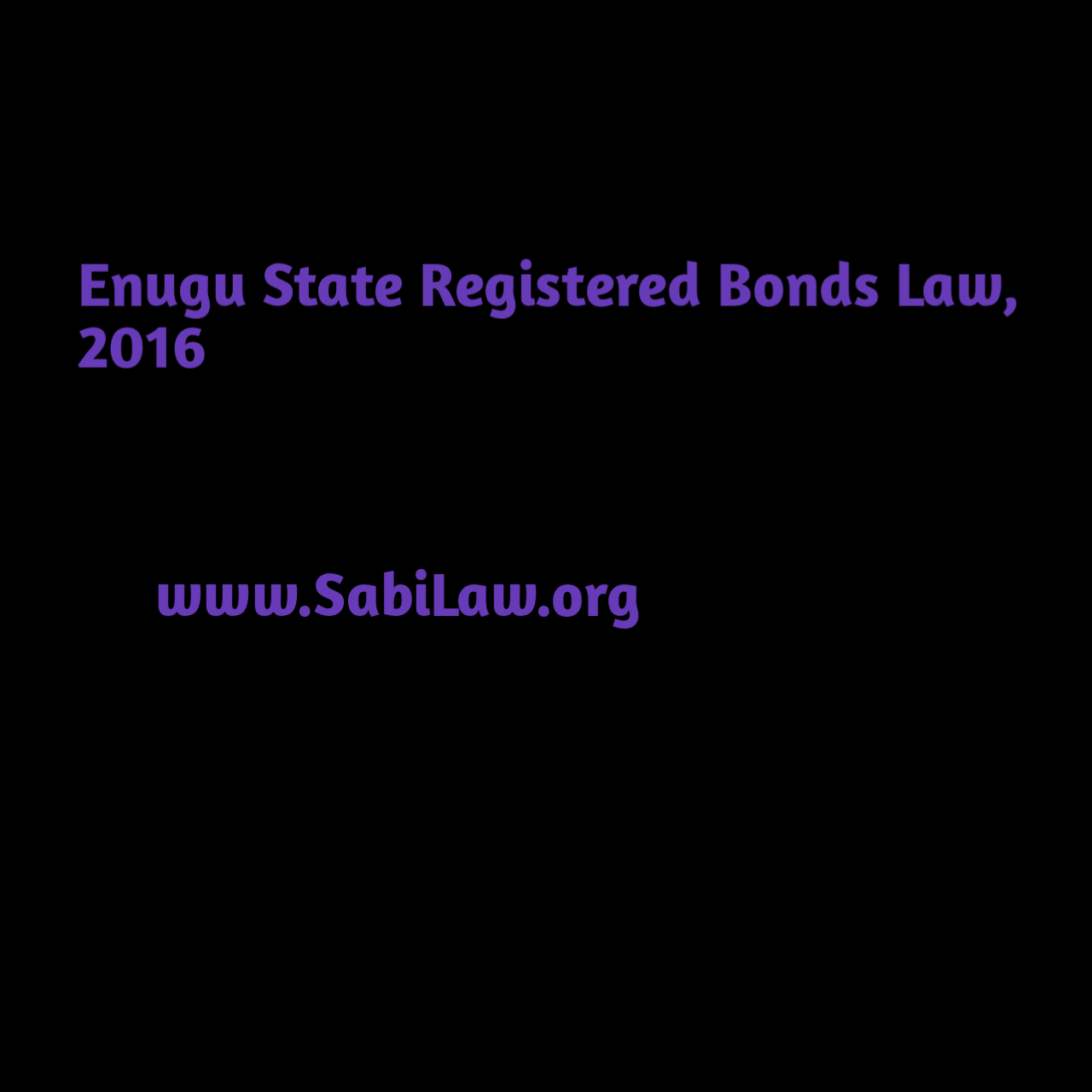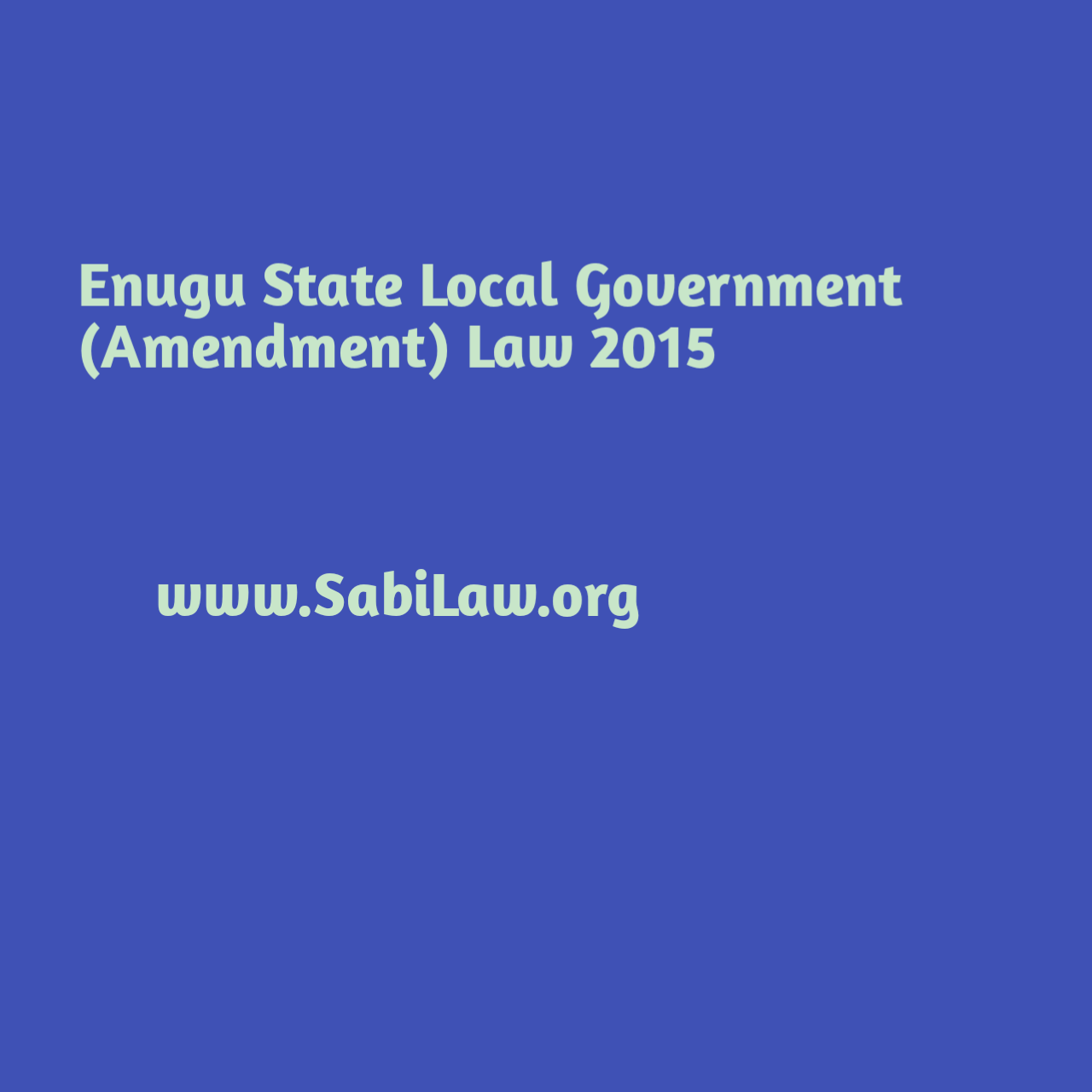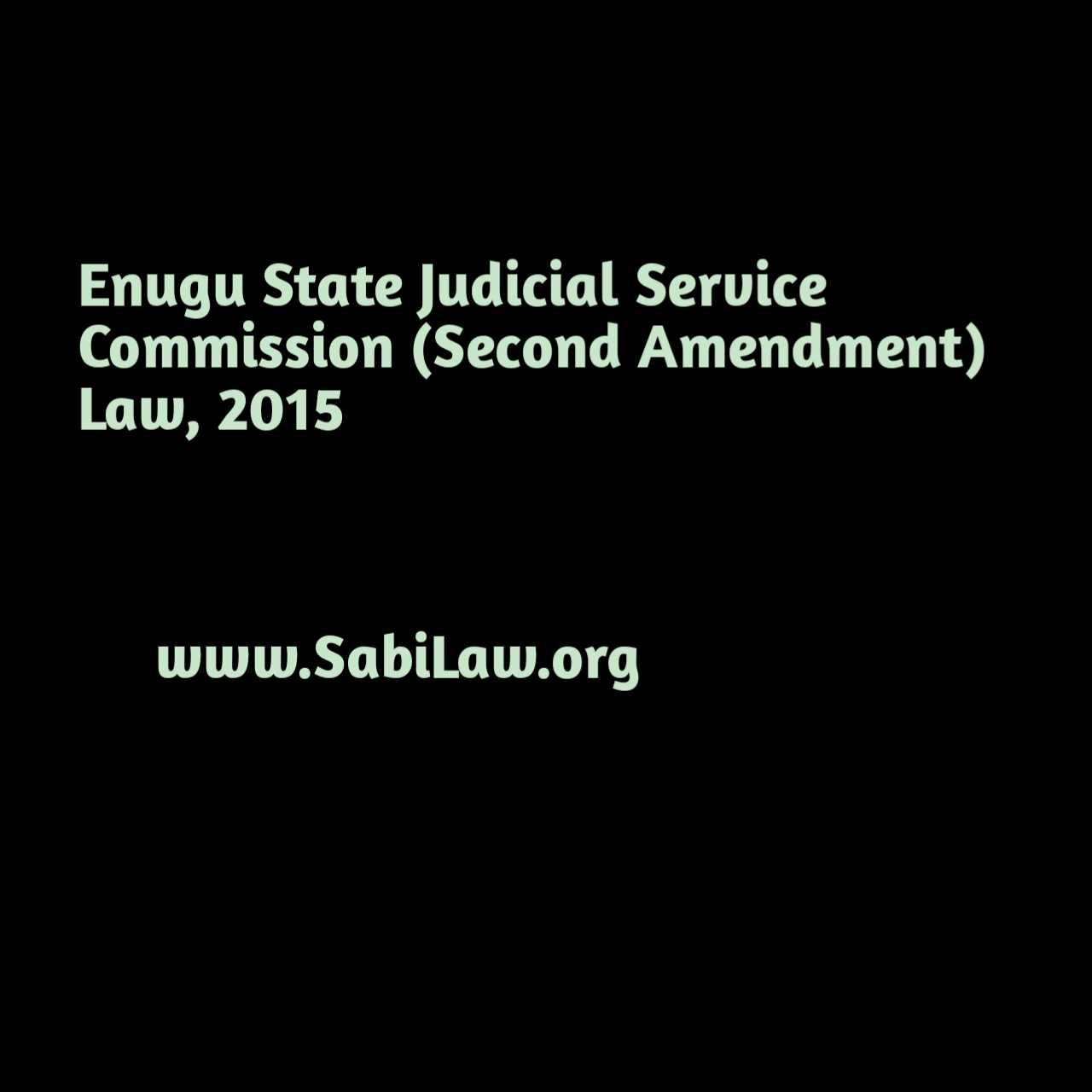What Must Happen To Judges That Are Careless With Bail? Daily Law Tips (Tip 661) by Onyekachi Umah, Esq., LL.M, ACIArb(UK)
Introduction:
Bail is a fundamental human right of all persons in Nigeria. Every person in Nigeria is assumed to be innocent. Every suspect or defendant is entitled to police and court bail. Every offence is bailable in Nigeria, although the conditions for bail may vary depending on the nature of offence. So, there is a duty on courts, Judges and Magistrates to grant bail according to the conditions for bail. Well, it is not impossible to find courts that may grant bail carelessly, without observing the conditions for bail. Since for every action there is a reaction, the Supreme Court has in 2020 reiterated what must happen to such careless judges during service and even after retirement. This work reveals what according to the Supreme Court of Nigeria, are non-judicial/administrative consequences, that must befall Judges and Magistrates that are reckless with bail.
Bail and the Bench:
There are basically two types of bail; Administrative Bail (popularly known as Police Bail, being bail granted by arresting officer/agency) and then Judicial Bail (being bail granted by courts). By the way, bail is a temporal freedom granted to a suspect/defendant with a guaranty that the suspect/defendant will appear later at an agreed time and place. While judges (the bench) are encouraged to ensure fair hearing (including bail), bail must be granted within the lines of law. Bail must not be allowed to be used as a tool for injustice, hence, the bench must not be reckless in granting bail. Hence, a good Judge or Magistrate in exercising his discretion to grant or refuse bail must be judicial and judicious. Click to read my earlier works on Bail in Nigeria.
Where a Judge/Magistrate is careless in granting bail, the Supreme Court has clearly stated what must happen to the Judge/Magistrate during his service and even while in retirement. To capture the full colour and height of recklessness on the part of a judge in granting bail, I am pushed to quote the long words of Justice OLUKAYODE ARIWOOLA of the Supreme Court of Nigeria in a recent judgment in the case of UGWU v. STATE (2020) LPELR-49375(SC). There is no better way to appreciate this issue. The quotation from the judgment of the apex court, clearly shows how a Judge sitting in Enugu State High Court was reckless in assessing and granting bail to a defendant suspected of murder. Below are the words of the erudite jurist.
- “However, before I conclude this judgment, I feel compelled to comment on the incident at the commencement of the proceedings before the trial Court of Enugu State. It is on record that the appellant and one other – as the 1st accused had been arraigned for trial, charged with conspiracy and murder. After their pleas were taken and each pleaded not guilty, the matter was adjourned for hearing. The then 1st accused later took an application to a vacation Judge in Enugu for his bail pending trial. The vacation Judge granted him bail on N250,000.00. He was reported to have jumped the bail and the surety readily paid the sum of N250,000.00, the bail money in lieu and he was never available to stand the trial. He is reported to remain at large. There is no doubt that granting or refusal of bail application is at the discretion of the Judge who is considering the application. Yet, there are a number of factors or criteria that must be taken into consideration by the Judge in granting or refusing bail pending trial. These include: (1) The nature of the offence and the punishment attached to it, if proved (2) the evidence available against the accused; (3) availability of the accused to stand trial (4) the likelihood of the accused committing another offence while on bail; (5) the likelihood of the accused interfering with the cause of justice; (6) the criminal antecedents of the accused person; (7) the likelihood of further charge being brought against the accused; (8) the probability of guilt; (9) detention for the protection of the accused; (10) the necessity to procure medical or social report pending final disposal of the case. Certainly these are some of the factors that may be taken into consideration and by no means exhaustive. See; Bamaiyi Vs. The State & Ors (2001) LPELR – 731 (8). I have no doubt in my mind that the said vacation Judge disregarded all the above factors to be considered. In this case, the offence charged included murder punishable with death sentence. The proof of evidence showed incriminating materials, recovered from the accused person’s house upon execution of search warrant on the house. With the available evidence, it baffles one to hear that the vacation Judge, not the Judge whose Court was to try the case, considered the bail and readily granted same. I believe that when the accused later jumped bail and he refused to make himself available for his trial, the Judge should have realized that he has to cover his face in shame for his failure to exercise his discretion on the bail application, both judicially and judiciously. Ordinarily, Judges should be above board as far as integrity and competence are concerned. It is rather unfortunate, to say the least, that a man who was alleged to be involved in the gruesome murder of the Chief Security Officer of the University and serial raping of the two grown up daughters of the deceased can be carelessly allowed to escape from justice. I shall say nothing more on this and let the conscience of the said Judge continue to deal with him either in his retirement or still in service. He is however not on trial.” Per, OLUKAYODE ARIWOOLA ,J.S.C ( Pp. 28-30, paras. B-E ) Judgement of the Supreme Court of Nigeria (on bail) in the case of UGWU v. STATE (2020) LPELR-49375(SC)
Conclusion:
Judges and Magistrates are the keepers of the gate of justice. They are the few minds appointed for a price, to decide the affairs of men on the table of men. They cannot afford to be reckless and unprofessional in any thing, including bail and fair hearing. Click to read my works on fair hearing and justice.
References:
- Sections 30, 31, 32, 34, 35, 36, 230, 237, 249, 255, 260, 265, 318 and 319 of the Constitution of the Federal Republic of Nigeria 1999.
- Sections 32, 161, 162, 163, 164, 165, 494 and 495 of the Administration of Criminal Justice Act 2015 and its equivalent in states across Nigeria.
- The judgment of the Supreme Court (on what must befall judges that are reckless with bail) in the case of UGWU v. STATE (2020) LPELR-49375(SC)
- Judgment of the Supreme Court of Nigeria (on the nature and effect of Bail) in the case of SULEMAN & ANOR v. COP PLATEAU STATE (2008) LPELR-3126(SC)
#SabiLaw
#DailyLawTips
#SabiBusinessLaw
#SabiElectionLaws
#SabiHumanRights
#SabiLawOnBeatFm
#SabiLawLectureSeries
#CriminalJusticeMonday
#SabiLawVideoChallenge
Feel free to reach the author, ask questions or make inquiries on this topic or any other legal issues via onyekachi.umah@gmail.com or +2348037665878.
****************************************************************************************
This work is published under the free legal awareness project of Sabi Law Foundation (www.SabiLaw.org) funded by the law firm of Bezaleel Chambers International (www.BezaleelChambers.com). The writer was not paid or charged any publishing fee. You too can support the legal awareness projects and programs of Sabi Law Foundation by donating to us. Donate here and get our unique appreciation certificate or memento.
DISCLAIMER:
This publication is not a piece of legal advice. The opinion expressed in this publication is that of the author(s) and not necessarily the opinion of our organisation, staff and partners.
PROJECTS:
🛒 Take short courses, get samples/precedents and learn your rights at www.SabiLaw.org
🎯 Publish your legal articles for FREE by sending to: eve@sabilaw.org
🎁 Receive our free Daily Law Tips & other publications via our website and social media accounts or join our free whatsapp group: Daily Law Tips Group 6
KEEP IN TOUCH:
Get updates on all the free legal awareness projects of Sabi Law (#SabiLaw) and its partners, via:
YouTube: SabiLaw
Twitter: @Sabi_Law
Facebook page: SabiLaw
Instagram: @SabiLaw.org_
WhatsApp Group: Free Daily Law Tips Group 6
Telegram Group: Free Daily Law Tips Group
Facebook group: SabiLaw
Email: lisa@sabilaw.org
Website: www.SabiLaw.org
ABOUT US & OUR PARTNERS:
This publication is the initiative of the Sabi Law Foundation (www.SabiLaw.org) funded by the law firm of Bezaleel Chambers International (www.BezaleelChambers.com). Sabi Law Foundation is a Not-For-Profit and Non-Governmental Legal Awareness Organization based in Nigeria. It is the first of its kind and has been promoting free legal awareness since 2010.
DONATION & SPONSORSHIP:
As a registered not-for-profit and non-governmental organisation, Sabi Law Foundation relies on donations and sponsorships to promote free legal awareness across Nigeria and the world. With a vast followership across the globe, your donations will assist us to increase legal awareness, improve access to justice, reduce common legal disputes and crimes in Nigeria. Make your donations to us here or contact us for sponsorship and partnership, via: lisa@SabiLaw.org or +234 903 913 1200.
**********************************************************************************












































